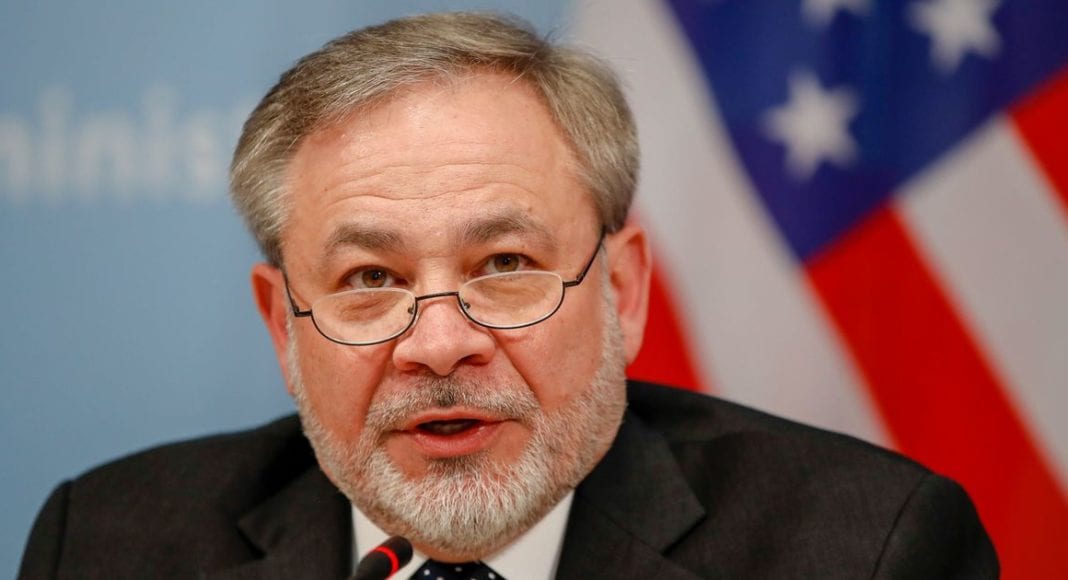The United States Energy Secretary Dan Brouillette has noted that if oil producing countries did not agree to cuts in an attempt to rebalance a low price market and to counter the heavy impact of COVID-19, there may not be an industry left “on the other side of the pandemic.”
Brouillette was at the time speaking with Wood Mackenzie’s Vice Chair, Americas, Ed Crooks on April 14, 2020. His comments came following his participation in the OPEC meeting during which a deal was arrived at to cut production.
As a result of the deliberations by the OPEC partners and other countries, it was announced that they would be cutting production by 9.7 million barrels per day (b/d) in May and June, 7.7 million b/d for another six months, and then by 5.8 million b/d for a further 16 months.
Speaking of the role that the US played in the talks and the outcome, Brouillette recapped that he expressed to the meeting the damage to the industry that the oil price war between Russia and Saudi Arabia was causing. “You are damaging a very important industry, not only for yourself, but for the United States and for other energy producers around the world,” he reportedly expressed at the meeting, adding, “If these wells begin to be shut in and we lose the ability to produce, this industry will not be here for us on the other side of this pandemic.”
Brazil’s Petrobras shutting down 62 offshore platforms
Brouillette explained that some of these wells, once they shut in, they are not coming back. “And if they don’t come back, then you’re dealing with the loss of production, obviously, and potentially you start to lose jobs at an incredibly fast pace,” he said.
He noted that the oil and gas industry supports 11 million jobs in the United States. “And once you start to have this systemic effect, you lose the production, the rigs lay down on the front end, the service industry feels the next wave of the lay-offs, it continues throughout the entire system,” he pointed out.
He said he believes every player at the meeting knew the importance of preserving their industry “and was there to ensure that this important part of their economies survives this pandemic.”
Further, Wood Mackenzie quotes Ann-Louise Hittle, their head of Macro Oils, as saying that even if compliance with the OPEC+ deal was not perfect, it was still a substantial agreement that would have “a big – and swift – impact on supply and demand fundamentals, especially in the second half of 2020.”
The low oil price market, coupled with restrictions related to COVID-19, led to many companies dialing down operations and scaling back on previously announced budgets for exploration and production.



